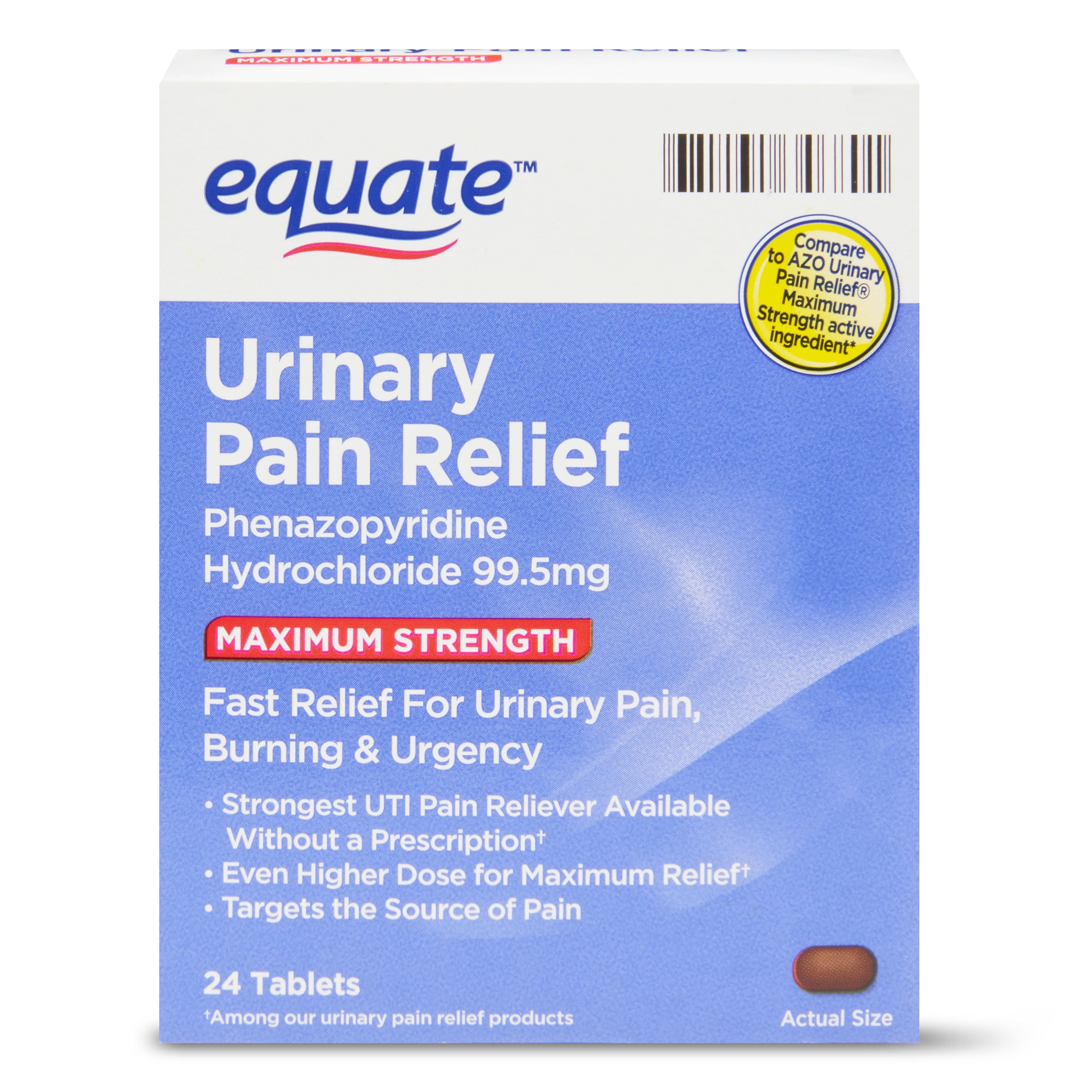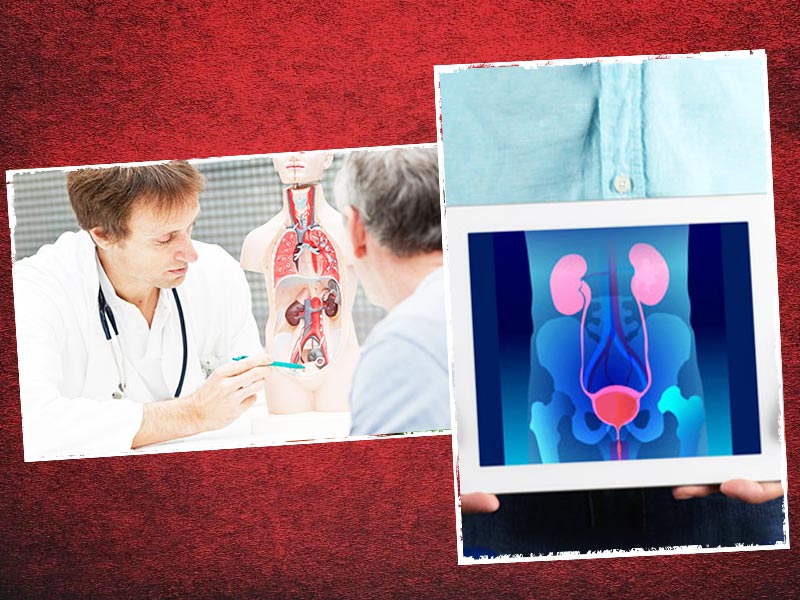
September 11, 2024
Recognizing Fecal Incontinence After Maternity Postpartum Saint Luke's Wellness System
Postpartum Healing: Solution To The Usual Concerns Asked By New Mothers The postpartum period begins soon after the infant's distribution usually lasts 6 to 8 weeks, and ends when the mother's body has actually virtually returned to its pre-pregnant state. The postpartum duration is essential for both temporary and lasting wellness and well-being for a female and her newborn. This activity should aid the interprofessional team offer comprehensive postpartum look after the brand-new mommy. If you're having troubles throughout your postpartum recovery, don't hesitate to contact your doctor at any moment. And do not hold back on sharing your sensations with your partner, or connecting to buddy and family members for aid with the child. Your physical and emotional health is necessary, so see to it to provide on your own a break when you require it the most. According to the National Institutes of Wellness, females that have a natural distribution are 50% most likely to experience urinary incontinence than females who supply by C-section. If you want your child to share your bed in healthcare facility or in the house, let your midwife understand so they can aid with safety suggestions. You and your companion might be long past due for reconnecting, maybe throughout a date evening.Find Your Care
Nonetheless, most females who supply vaginally stay continent, so no person is proposing that all females have cesarean sections to avoid the possibility of later urinary incontinence. We plainly do not understand all the aspects that determine who establishes urinary incontinence, so cesarean area would certainly not be needed in numerous ladies with lengthy or tough labors. With our existing understanding, numerous ladies would have to have cesareans in order to protect against one lady from establishing incontinence. The prolonged discomfort and recovery from cesarean at once when the mother wishes to be concentrated on taking care of her child are likewise not in anybody's benefit. The substantial majority of women that deliver do not establish urinary incontinence. In many cases, the damages produced by giving birth repair services itself with time as the tissues go through the typical healing process.- Regular bowel feature can be maintained by consuming an adequate quantity of fluids and consuming foods high in fiber.
- Nevertheless, the example dimension of this study is little and the follow-up time is short.
- During pregnancy, because of the stress on the bladder, it obtains tough to urinate.
- The vital thing for women to recognize is that urinary incontinence after childbirth does not need to be a day-to-day component of their lives as moms.
Therapy For Fecal Incontinence
The symptoms of urinary system incontinence might appear like various other conditions or medical troubles. In a research study of women adhering to giving birth, 75% of ladies who really feel a lump enhanced by 1 year complying with giving birth. In a study of women adhering to childbirth, about 50% saw improvement of urinary system urgency at 1 year adhering to childbirth. If you maintain really feeling nervous or depressed, make sure you obtain specialist suggestions and the aid that you require. Postnatal anxiety prevails and treatable with the best support. Your busts and nipples will certainly be full and often sore as the milk is available in 3 to six days after your baby gets here. Your midwife will certainly reveal you how to self-express to ease some of the tenderness and encourage milk supply. Constraining is likewise a typical symptom as your womb agreements down to its regular size. Pains can be extra obvious when your baby is nursing.The Pelvic Floor After Childbirth
As time takes place and the normal modifications of aging and weakening of the tissues happens, incontinence might result. Today, only innovative and expensive examinations like MRI or nerve conduction studies can inform if these muscles and nerves have actually returned to regular. Sadly, there is no practical, easy means at this point for you or your medical professional to understand if these muscles are weakened and predestined to lead to urinary incontinence. You can criticize this usual postpartum symptom on the pregnancy- and delivery-weakened muscles around the bladder and pelvis, which might have a Learn more more difficult time managing your flow after giving birth. You might experience this loss of bladder control while giggling, sneezing, coughing or carrying out a arduous activity, and it's very usual after giving birth. In fact, it's approximated that regarding fifty percent of adult females may experience postpartum urinary incontinence.Will postpartum urinary incontinence disappear?


Social Links